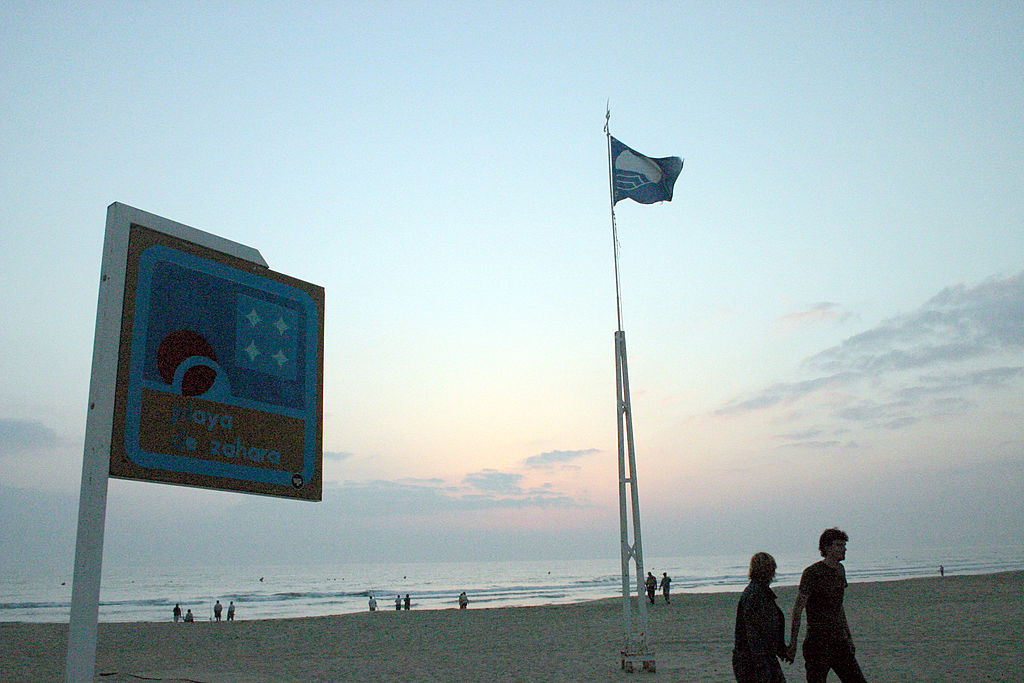A Spanish official has apologized after spraying a beach with bleach, hoping it would protect children from catching the coronavirus.

Tractors sprayed the chemical, typically used to disinfect, on more than two kilometres’ worth of beach area in Zahara de los Atunes last week, the BBC reports, just one day before Spanish children were released from lockdown.
“I admit that it was a mistake,” local official Agustin Conejo said, per the BBC. “It was done with the best intention.”
Environmentalists have been particularly incensed by the move.
“It’s totally absurd,” Maria Dolores Iglesias Benitez, a local environmentalist, told the Guardian. “The beach is a living ecosystem, and when you spray it down with bleach, you’re killing everything you come across.”
Aside from the bleach, Iglesias Benitez, who works with the Asociacion Voluntarios Ambientales Trafalgar, fears the tractors crushed the eggs of various native and migratory species.

“If only they could understand the damage they have done to the ecosystem.”

Get daily National news
Before the fumigating, wildlife had been thriving on the beach.
“The beach has its own way of cleaning itself,” Iglesias Benitez told Spanish media, per the BBC. “It was not necessary.”
Spain is the second-hardest-hit country in the world, as of Thursday morning, with more than 230,000 confirmed cases of COVID-19.
—
Questions about COVID-19? Here are some things you need to know:
Health officials caution against all international travel. Returning travellers are legally obligated to self-isolate for 14 days, beginning March 26, in case they develop symptoms and to prevent spreading the virus to others. Some provinces and territories have also implemented additional recommendations or enforcement measures to ensure those returning to the area self-isolate.
Symptoms can include fever, cough and difficulty breathing — very similar to a cold or flu. Some people can develop a more severe illness. People most at risk of this include older adults and people with severe chronic medical conditions like heart, lung or kidney disease. If you develop symptoms, contact public health authorities.
To prevent the virus from spreading, experts recommend frequent handwashing and coughing into your sleeve. They also recommend minimizing contact with others, staying home as much as possible and maintaining a distance of two metres from other people if you go out.
For full COVID-19 coverage from Global News, click here.
—









Comments
Want to discuss? Please read our Commenting Policy first.